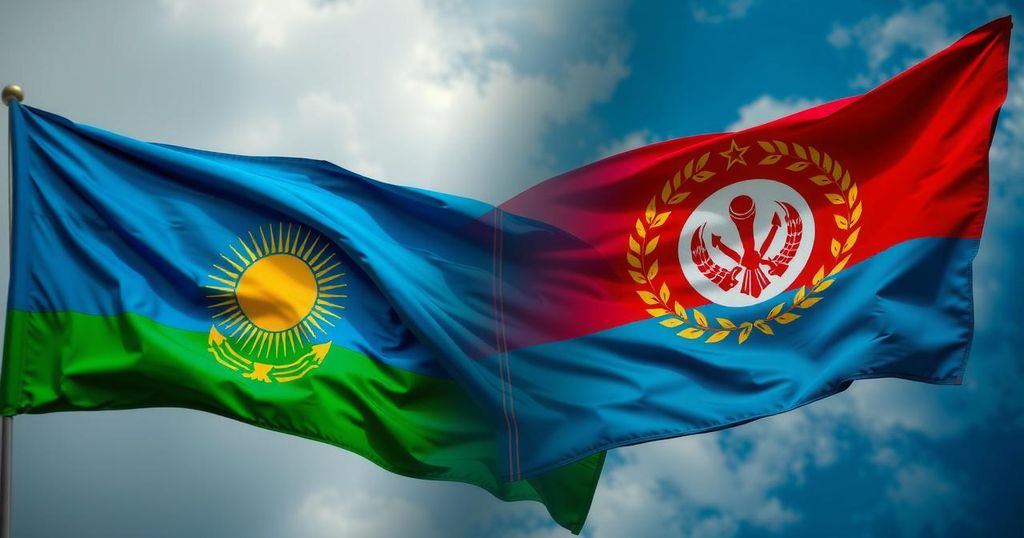Kazakhstan and Uzbekistan have recently opted not to pursue full membership in BRICS and the Eurasian Economic Union, respectively, amid geopolitical pressures from Russia. These decisions emphasize a growing assertion of sovereignty and reflect the delicate balancing act both nations must navigate in their foreign policy amid the backdrop of Russia’s ongoing war in Ukraine and its implications for regional alliances.
In a strategic response to geopolitical pressures, both Kazakhstan and Uzbekistan have recently declined to deepen their affiliations with Russia-centric organizations such as BRICS and the Eurasian Economic Union (EEU). This development unfolds against the backdrop of Russian President Vladimir Putin’s efforts to portray a united front among former Soviet states, emphasizing his diplomatic outreach in Central Asia where he has historically assumed a position of influence. Kazakhstan, represented by President Qasym-Zhomart Toqaev’s spokesman, Berik Uali, confirmed its stance by affirming that Kazakhstan would not pursue full membership in BRICS at this time, favoring its current observer status instead. Uali highlighted that the decision stemmed from considerations related to Kazakhstan’s developmental prospects. Furthermore, he reiterated Kazakhstan’s commitment to the United Nations as the preeminent platform for addressing global issues, noting that it should be regarded as the primary space for international dialogue despite its need for reform. Similarly, Uzbekistan’s government, under President Shavkat Mirziyoev, has opted not to engage fully with the EEU after conducting a thorough review of its operational dynamics. Uzbek parliamentary deputy speaker Akmal Saidov remarked that Kazakhstan had derived limited benefits from EEU membership, implicitly supporting Uzbekistan’s decision to avoid joining. These moves reflect a delicate balancing act for both nations as they attempt to navigate their historical ties with Russia while simultaneously avoiding the repercussions of secondary sanctions arising from Russia’s ongoing military actions in Ukraine. While the political independence asserted by Astana and Tashkent may not signify a definitive pivot away from Moscow, it does display a notable degree of reluctance to engage in coalitions perceived as hostile or disadvantageous. Analysts have noted that the Kremlin’s response to these rejections is likely one of discontent, as they reveal a diminishing sway over Central Asian states that traditional alignments and historical ties do not guarantee.
The geopolitical landscape of Central Asia has been evolving since the onset of Russia’s full-scale invasion of Ukraine in 2022. Countries within the region, namely Kazakhstan and Uzbekistan, are under pressure to reassess their relationships with Russia, especially concerning affiliations with organizations such as the Eurasian Economic Union and BRICS. The decline of interest in these coalitions illustrates an attempt by these nations to assert their sovereignty and maintain autonomy in the face of potential Russian influence.
In conclusion, the recent decisions of Kazakhstan and Uzbekistan to reject deeper integration with Russian-led coalitions reflect a significant assertion of sovereignty. These actions signal a cautious diplomatic maneuvering, aiming to establish a balance between traditional alliances and the desire for greater independence from Russian influence amidst a complex geopolitical climate. The implications of these decisions are far-reaching, indicating a possible shift in regional dynamics that could redefine Central Asia’s relationships with Moscow and the West.
Original Source: www.rferl.org






